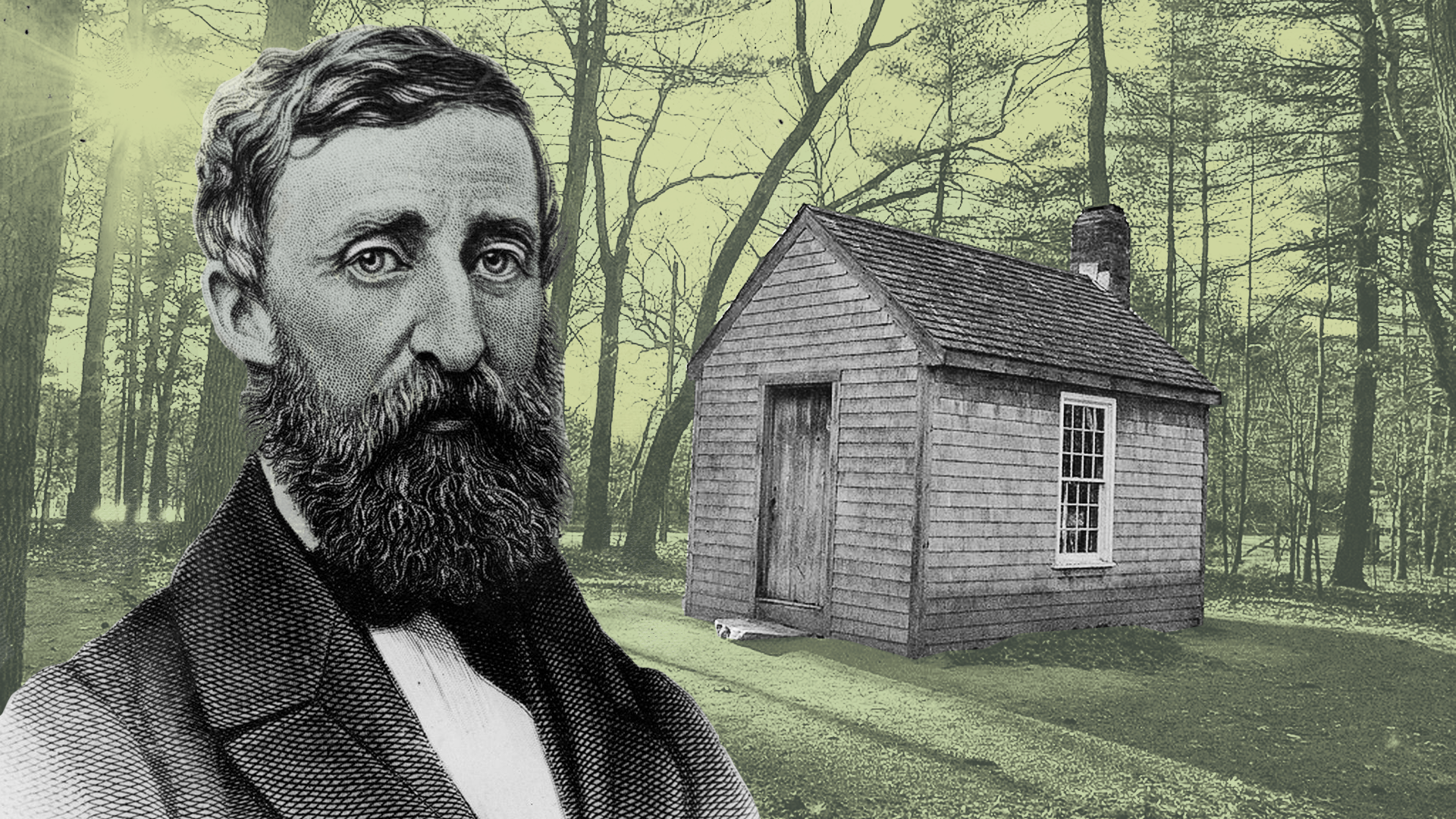Henry David Thoreau Publishes Walden

Thoreau’s 'Walden' is a radical declaration of independence from materialism, a love letter to nature, and a guide to living with intention.
What Happened?
In 1845, Henry David Thoreau left his home in Concord, Massachusetts, and moved into a 10-by-15-foot cabin he built on land owned by his friend Ralph Waldo Emerson. For two years, two months, and two days, Thoreau lived beside Walden Pond, conducting an experiment in self-sufficiency and reflection. He farmed beans, wrote daily, entertained guests, walked for hours, and contemplated life’s essentials.
'Walden', first published on August 9, 1854, was the fruit of that experiment. Blending memoir, natural observation, political critique, and spiritual insight, it challenged 19th-century norms that equated success with property and productivity. Thoreau dared his readers to ask: What if less really is more?
The book’s early reception was quiet; it sold around 300 copies per year. But its ideas were loud: that modern life distracts us from what matters, that solitude and nature can sharpen the soul, and that real wealth comes not from what we accumulate, but from what we can afford to live without. He wrote: 'I went to the woods because I wished to live deliberately… and not, when I came to die, discover that I had not lived.'
'Walden' became a foundational text of American literature and a touchstone for environmentalists, minimalists, social reformers, and civil disobedients alike. Its companion essay, 'Civil Disobedience,' would inspire generations, from Gandhi to Martin Luther King Jr., with its argument that the conscience must guide one's allegiance more than law or government.
Thoreau’s vision of liberation through simplicity, of seeing deeply, walking mindfully, and resisting conformity, remains potent in the digital age. With 'Walden', he built more than a cabin in the woods. He built a philosophy of living that still asks: Are you truly awake?
Why It Matters
'Walden' isn't just about escaping to nature, it’s about waking up to life. In an era of consumption, distraction, and noise, Thoreau’s quiet revolution reminds us to slow down, live deliberately, and rediscover what it means to be free. His words continue to inspire activists, artists, and anyone seeking a life of purpose, clarity, and connection.
?
What did Thoreau mean by 'living deliberately'—and how can that idea apply to modern life?
How did Thoreau’s ideas about nature and self-sufficiency influence later environmental and social movements?
Why did 'Walden' gain more influence after Thoreau's death than during his lifetime?
What parallels exist between Thoreau’s critique of industrial society and critiques of modern digital life?
How do Thoreau’s ideas in 'Walden' connect to his political philosophy in 'Civil Disobedience'?
Dig Deeper
English professor Mark Edmundson discusses why Thoreau's 'Walden' remains essential reading for students seeking purpose, meaning, and a deeper education.
A sharp and accessible look at Thoreau’s philosophy and political legacy—from civil disobedience to the limits of modern civilization.
Related

Joint-Stock Companies: Capitalism, Colonization, and Risk
Without joint-stock companies, there might be no Jamestown, no thirteen colonies—and no United States. These early capitalist ventures let investors fund risky New World settlements without bankrupting the Crown.

English Colonization: Roanoke, Jamestown, and Early Settlements
From vanished colonies and tobacco empires to pirates and indigenous resistance, the story of England’s first attempts at colonization in North America is anything but boring.

Prelude to War – Sectional Tensions and Failed Compromises
The uneasy balance between free and slave states collapsed in the 1850s, as 'compromises' like the Compromise of 1850 and Kansas-Nebraska Act inflamed tensions instead of easing them.
Further Reading
Stay curious!
